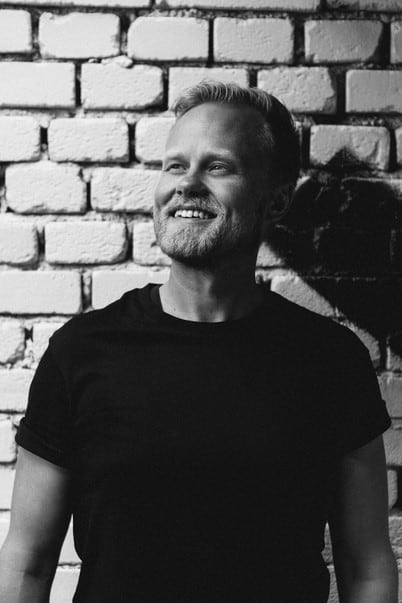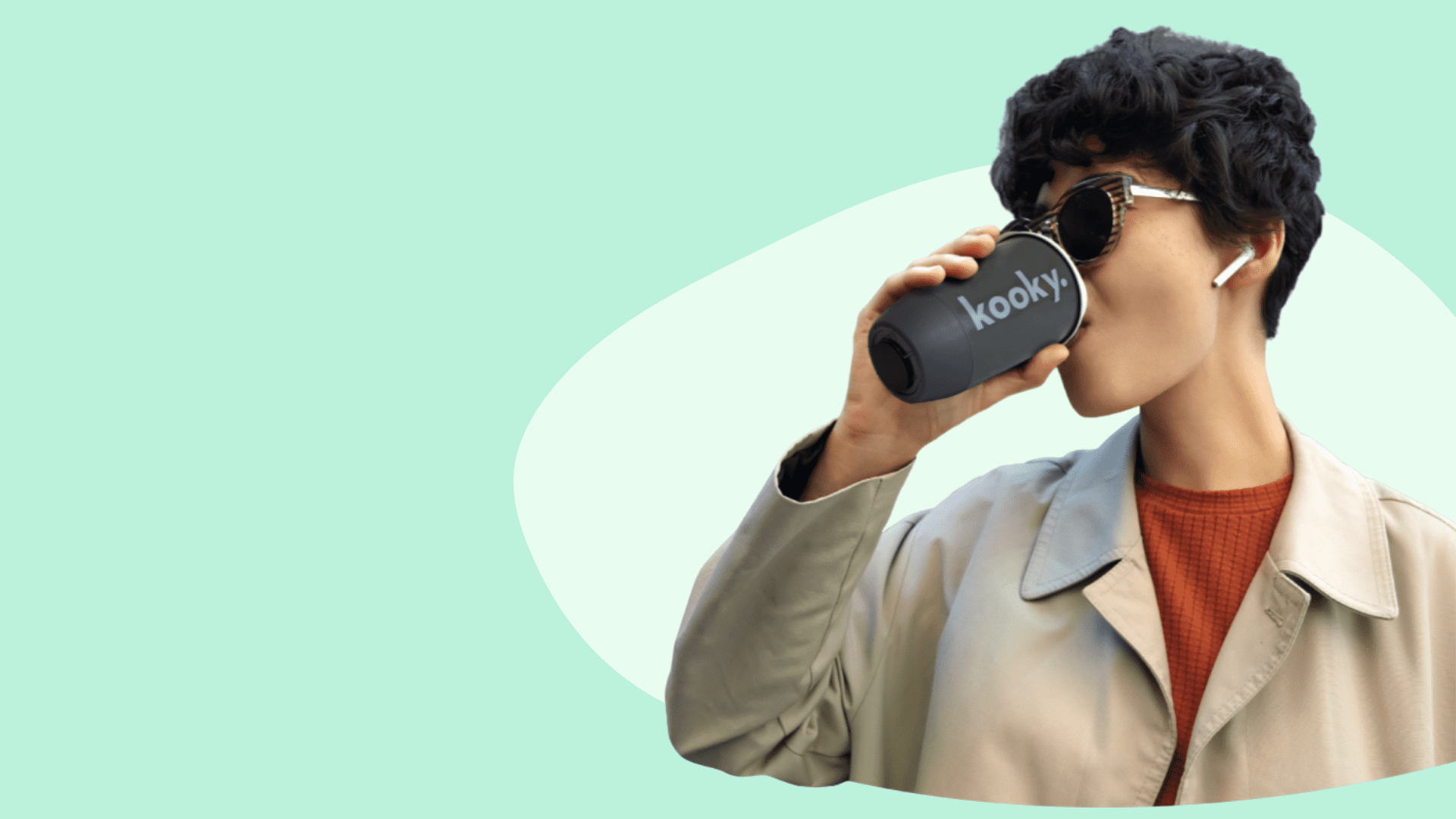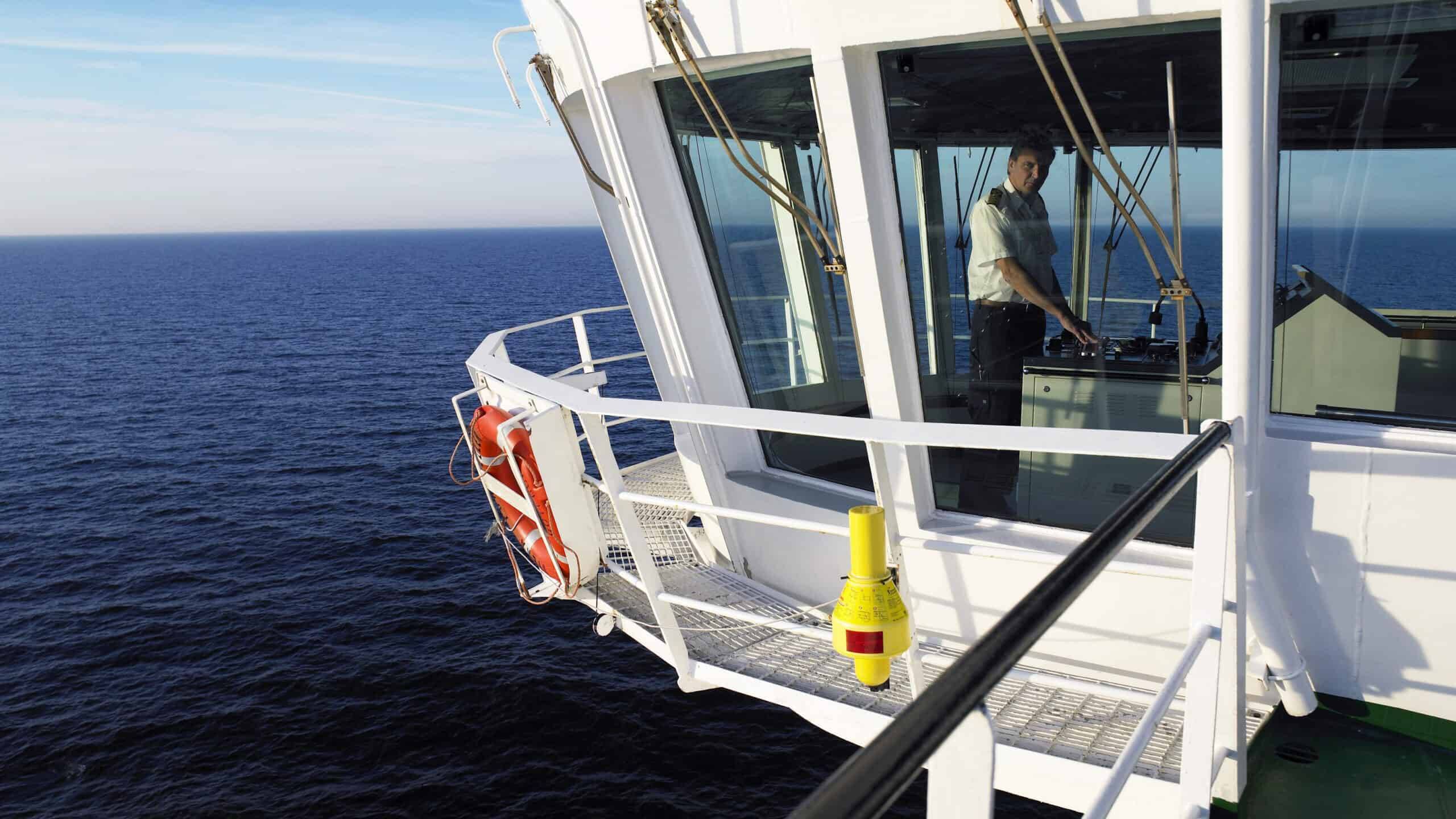Bob W’s Co-Founder and CEO Niko Karstikko is a huge fan of the magic of the Airbnb experience, but at the same time, cautions that short-stay rentals are hit and miss. In this interview, he explains how Bob W wants to create a whole new category of hospitality that combines the authenticity of apartments with the quality level of hotels.

Co-founder and CEO, Bob W.
Niko Karstikko co-founded Bob W in 2018 with Sebastian Emberger. Bob W is creating a new category in the fast-growing EUR 100bn short-term rental market. It offers apartments that provide the local experience of an Airbnb but with the quality standard and services of a lifestyle hotel. Before co-founding Bob W, he founded and successfully exited his first startup, SportSetter, an fitness activities marketplace. After selling SportSetter to the Orange Company, he helped several startups grow as an investor and advisor. Niko has a double degree in International Business and Finance from Darla Moore School of Business (US).
You co-founded Bob W in 2018. What were you doing before that?
Originally from Finland, I went to school in London and then studied Finance and International Business at the University of South Carolina. I had a suit-and-tie career in London for five years, first at Berkshire Hathaway and then at Barclays, before launching SportSetter, a fitness activities marketplace. We raised 4 million euros and expanded it across the Nordics, the UK and the US. In 2016, I sold it to a corporate benefits conglomerate.
How did you first get involved in the hospitality market?
My first ever job, at the age of fifteen, was as a Bed and Breakfast front desk manager in a resort town in Finland, so hospitality has been in my veins for a long time. Since 2012, I have been an Airbnb super-host, managing from one to seven apartments in Helsinki as a side hustle. When I sold my company and went to Asia, I realized that I can manage the whole thing remotely and keep my apartments performing amazingly well.
What led you to found Bob W?
In Asia, I realized that despite being a huge fan of the magic of the Airbnb experience – live like a local – that I was spending most of my time at the Marriott, Hilton and other brands. Short-stay rentals are hit and miss. Do you trust the host? Do you trust the pictures? My German business partner and I started looking at the market: 4.4 million short-stays in Europe, a completely mom-and-pop, fragmented industry. There are no brands, consolidation or standards; there is no such thing as a four-star, one-bedroom, short-stay apartment. We set out to create a whole new category of hospitality that takes the best of both worlds.
What does this “best of both worlds” involve?
On the one hand, we offer the branded consistency and scale of hotels. If you have over 20 units in a building, it suddenly starts making more financial sense. You can put more resources into it, and get professional designers and cleaners. You can offer hotel serves, but not downstairs at the hotel; instead, they are in the neighbourhood. Breakfast, gym, parking; all monetized, all available in the neighbourhood via our app.
And on the other hand?
On the other hand, we offer the advantages of short-stays: better bang for the buck, and the utility and amenities of an apartment. If you show up with a backpack, we have everything you need to stay from 1 to 90 nights. We also offer local authenticity: our apartments are more local than the local person’s. We have local artists on the walls and coffee cups from local ceramicists – to satisfy the modern traveler’s need to live like a local.
“Bob W is the best host anyone has had at an apartment.”
Where does the name Bob W come from?
Bob W is the best host anyone has had at an apartment; he cares about sustainability, the community and you having a lovely time. We were trying to think of Viking names, but someone pointed out that mantra from the get-go – “the best of what hotels and short stays have to offer” – sounds like a host, Bob W. We thought: “You can’t misspell that, you can’t mispronounce that. Bob sounds like a fabulous host – let’s stick with it.”
Who is your brand for?
We built it for the next generation of travelers, the 20 to 45-year-old urban middle class, a generation that mixes business with pleasure. We take our laptops on holiday with us and our dancing shoes on a business trip. We want to be travelers, not tourists. We stay longer at our destinations.

Invest in Startups
As one of Europe’s most active venture capital investors, we grant qualified private investors access to top-tier European startups. With investments starting at EUR/CHF 10’000, you can build your own tailored portfolio over time and diversify across stages and sectors.
What role does technology play in your business model?
We de-man the buildings by empowering the cleaners with interactive to-do lists on our app, so that they take up the role of fulfilment manager and quality assurance. They effectively carry out all the tasks in the building, not just the cleaning. We take the human error out of hospitality, offering chat-based customer service via our avatar of the perfect host, Bob W. We run much more effectively than a hotel, with many fewer members of staff.
What is your business model?
Our business model today involves management agreements and downside protected leases for apart-hotels, hotel conversions, office conversations, new builds, and so on. We are very flexible, because we don’t have those shared spaces or front desk. People then rent them out for 1-90 nights, depending on their needs. The use case is therefore much broader than that of a typical hotel. The future is much more asset-light, as we become more mature. We are now moving towards hotel management agreements (HMA) and other lighter structures that are readily available to more mature hospitality players. The message that we want to send here is: it is getting lighter.
Are you more of a tech company or a real estate company with an app?
We are a tech company that operates hospitality. We have our own in-house tech, developed by our tech team. When the pandemic struck, everybody was in trouble, except Bob W. Consumers come back to us – and that is thanks to technology. We kill the need to have humans in the building and for hospitality to be a human endeavor.
Do you think it will be possible to remove humans from the process completely, including the cleaners?
We are not there yet with removing the cleaners, but we have taken the whole next step towards de-manning our properties. We do not have anyone on site full-time. We have one person per building on average on payroll and that person obviously has weekends and evenings off. We trust the technology to do that much.
Is it difficult to find attractive objects to turn into Bob Ws?
Not for us, because we have so much flexibility. You typical hotel has a minimum room requirement because they have so much shared space that they need to offset. When you need all that space, you have many fewer options. The average hotel is starting from 100 rooms; we can start from 15.
What is the typical Bob W neighbourhood?
Our neighbourhoods are central, or urban with character. For example, in Paris, central might be the Champs-Elysées and urban with character might include Le Marais. When you pick a Bob W, you know that we are always in a neighbourhood that is not going to disappoint you.
How do you choose the cities Bob W is present in?
Our focus now is on capital regions and metropolitan areas, but our model works for cities with 150,000 inhabitants or more. We do not need to be in every city in Europe; we choose the ones that make financial sense for us and that match our brand. We also pick cities that have appeal both to B2B – the next generation of companies: tech, startups, scale-ups and creative industries – and to consumers; we are not focused in complete tourist destinations.
How have you built your brand?
We stumbled on some magic there. In their reviews, our guests write “Bob is the best host ever”, “Bob did this” and “Bob did that”, though everybody knows that Bob is not a person. Yet it plays into something magical; we have a very organic, strong following for that. We also do a lot of co-branding with local community artisans and our standard brands, from sustainable toiletries to premium beds. Yet it all comes down to having the most impressive, blow -your-socks-off product on the market.
How do you plan to stay ahead of well-financed competition that is already on the market, as well as potential new competitors in this new category?
This is not a winner-takes-all space. The market is massive; we have only scratched the surface. Yet the closest thing to winner takes all is the one that builds this hospitality engine, this technology engine, so that your 200th building runs equally smoothly as the first one. It is not just dependent on making good hires; it is the technology. That allows us to go into other verticals: budget, luxury, getaways, student, and so on. It is fundamentally about creating a scalable customization engine, which offers us a competitive advantage on a whole different level.
How many Bob Ws do you currently have and what is your revenue?
We are in four countries today, Spain, the UK, Finland and Estonia, though we do not publicize how many units that equates to. We do not make revenue public either, but in the past 12 months we have grown our revenue 14 -fold.
“We will be a pan-European phenomenon in the couple of years ahead.”
What is the potential for expansion?
We are signed in nine countries in total now, closing in on 20 cities. We will be a pan-European phenomenon in the couple of years ahead, with inroads towards other continents being made in the next two years.
What are your priorities for Bob W for the year ahead?
We want to ramp up the company’s ability to scale through technology, so that it becomes that pan-European entity. We want to provide a five-star hospitality experience for every guest, every visit, every time, while transitioning the world towards sustainability hospitality.
Written by
WITH US, YOU CANCO-INVEST IN DEEP TECH STARTUPS

Verve's investor network
With annual investments of EUR 60-70 mio, we belong to the top 10% most active startup investors in Europe. We therefore get you into competitive financing rounds alongside other world-class venture capital funds.
We empower you to build your individual portfolio.
More News
30.03.2022
Coffee-to-go without mountains of waste
kooky has developed a system of reusable cups combined with IoT technology. But the key to replacing disposable cups is a system that balances the interests of all stakeholders, explain co-founders Torge Barkholtz and Maximilian Zott.
22.02.2022
“We think
in decades”
Stena (Switzerland) joins Constructive Venture Fund as the fifth founding partner. In this interview, Andy Boehm and Per Hellberg explain why one of Sweden’s largest owners of real estate invests in venture capital and how they can contribute more than just capital to a startup’s success.
07.10.2020
Trends in the drone industry
Investments in drone startups have gone up considerably in the last few years and reached USD 1.2 billion in 2019. Venture capital firms contributed two thirds of that sum. Why does investiere invest in drone startups and what are current trends? The drone market experts Kay Wackwitz and Hendrik Boedecker exchange ideas with our Investment Manager Romeo Bütler.
Startups,Innovation andVenture Capital
Sign up to receive our weekly newsletter and learn about investing in technologies that are changing the world.




